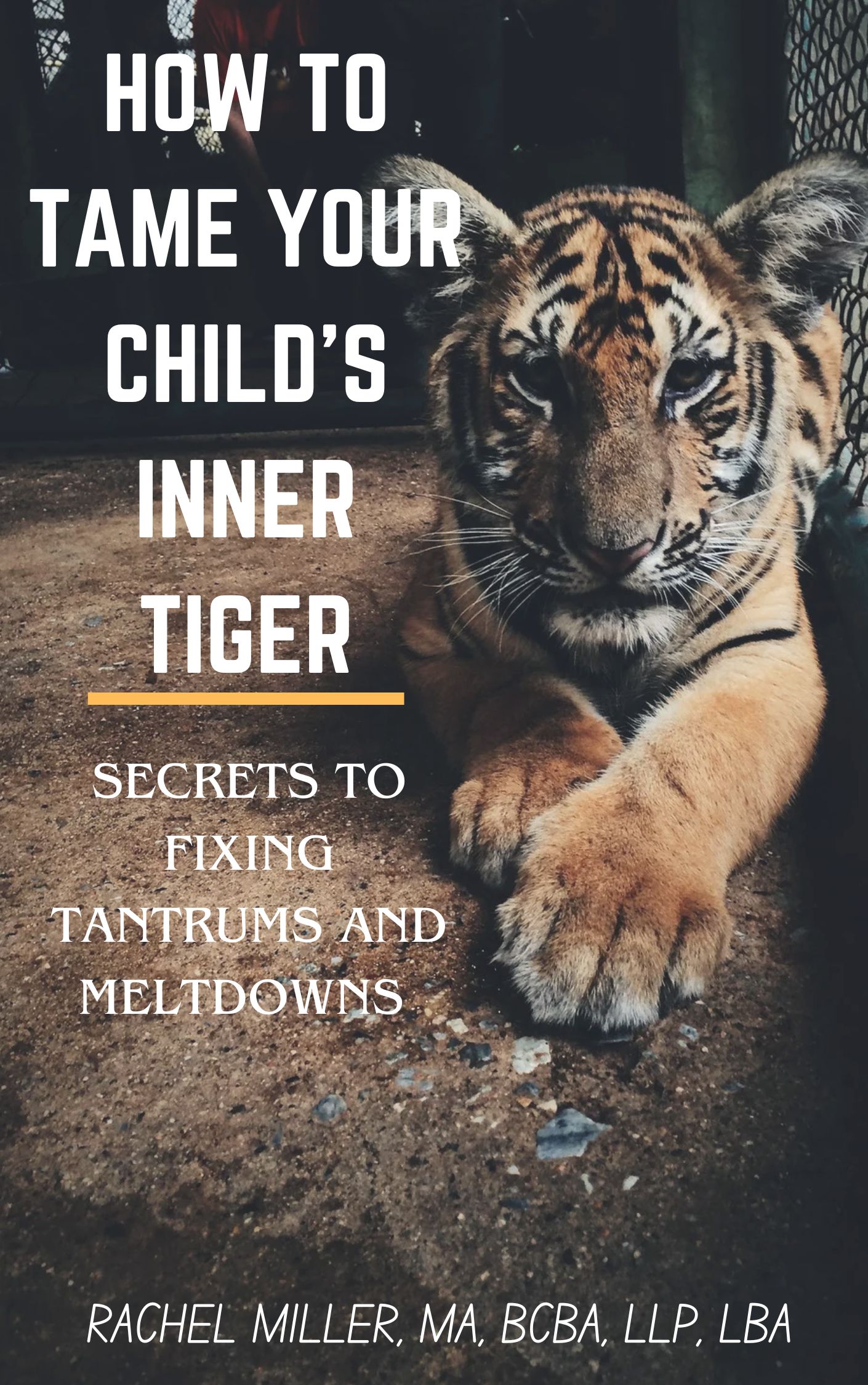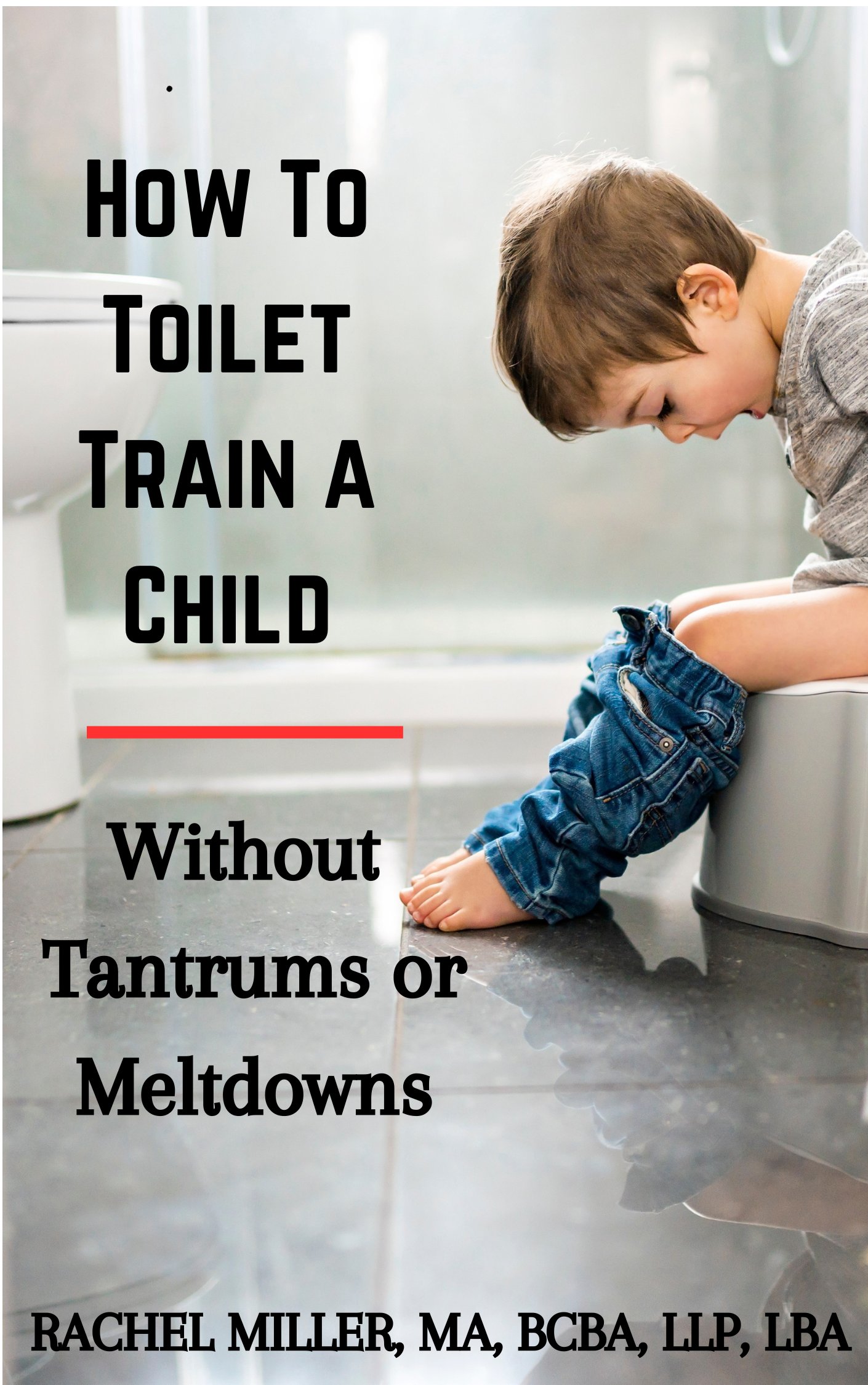Immunizations and Autism: Are Vaccines the Cause?

Finding clear and reliable information about immunizations and autism can feel overwhelming. With so much conflicting content across the internet, parents often struggle to know what is accurate, what is biased, and what is supported by scientific evidence. The debate surrounding vaccines and their potential connection to autism spectrum disorder (ASD) has been ongoing for decades.
The purpose of this article is not to make the decision for you but to provide balanced, research-driven information about immunizations and autism, while also pointing you toward resources that can help you make the most informed decision for your family.
If you are new to this topic, you may want to start with the companion article Are Vaccines Causing Autism? for a broader overview before diving deeper into the specifics here.
Understanding the Debate on Immunizations and Autism
The link between immunizations and autism has been a controversial subject since the late 1990s, when a study suggested that the MMR (measles, mumps, rubella) vaccine might trigger autism in some children. Though that study has since been retracted and its author lost his medical license for publishing the study, questions about vaccines continue to linger in the minds of many parents.
While most modern research indicates no direct connection between immunizations and autism, certain cases, court rulings, and anecdotal evidence have fueled ongoing debate. Understanding where these theories come from can help parents weigh risks, benefits, and uncertainties.
Mitochondrial Disease
One theory involving immunizations and autism relates to mitochondrial disease, a rare genetic disorder that affects the body’s ability to produce energy at the cellular level. Mitochondrial disease occurs in about one in 5,000 individuals and is long-term, genetic and usually inherited. It occurs when mitochondria fail to produce enough energy for the body to function properly.
In March 2008, a federal vaccine court ruled that a young girl’s undiagnosed mitochondrial disorder may have contributed to her developing autism-like symptoms after receiving multiple immunizations in a single day. This case raised the possibility that certain predispositions, such as mitochondrial dysfunction or difficulties detoxifying toxins, could make some children more vulnerable to adverse vaccine reactions.
Reported Side Effects and Conflicting Evidence
Despite all of the reported possible side effects and the federal court case, current studies seem to consistently report vaccines do not cause autism and are safe. The most recent of these was conducted by the National Vaccine Program listed in an article titled Report: Vaccines are Safe, Hazards Few and Far Between. Yet despite this title, the article goes on to report the convincing evidence for 14 health problems, including seizures and brain inflammation.
The article also quotes Clayton, who directs the Center for Biomedical
Ethics and Society at Vanderbilt University, stating that when it comes
to vaccines and autism, it's impossible for this committee, or any other
scientific committee, to prove there's not a link. However, I think the question many might ask is, "How do you know that brain inflammation didn't cause the autism?"
One of the challenges to knowing the real risks involved with
immunizations and autism is that doctors are essentially not allowed to
discourage their use and don’t always know all the facts. In fact, I found that a
local pediatrician had no idea that ‘severe permanent brain damage’ was a
possible side effect. The exact words were – “Do you remember which
vaccine it was?”
This can create the perception that not all risks are openly discussed. This lack of transparency contributes to distrust and fuels continued questions about immunizations and autism.
The Amish Anomaly
One of the most cited cultural examples in the debate over immunizations and autism is the Amish community. Historically, the Amish have been known for rejecting modern medicine, including vaccines. Journalist Dan Olmstead explored this issue in his article The Age of Autism: The Amish Anomaly
Based on autism prevalence rates in the general U.S. population, over 100 Amish individuals in a Pennsylvania community should have been diagnosed with autism. However, Olmstead found only three cases. Two of those individuals had reportedly received immunizations, while the vaccination history of the third was unclear.
While not definitive scientific proof, this finding has often been used to suggest that lower vaccination rates among the Amish may correspond with lower autism rates. However, researchers caution against drawing sweeping conclusions from this small sample, noting that cultural, environmental, and diagnostic differences could also play significant roles.
Government Statements and Parental Concerns
Besides this anomaly and what appear to be other obvious correlations between vaccinations, autism
research seems to continuously prove otherwise. So, why don’t parents
believe the research? Perhaps because statements made to the media seem
to constantly contradict this so-called research.
Such as when the US Health Resources Services Administration (HRSA) made
a statement to CBS about immunizations and autism that said..."We have compensated cases in which
children exhibited an encephalopathy, or general brain disease.
Encephalopathy may be accompanied by a medical progression of an array
of symptoms including autistic behavior, autism, or seizures.”
Maybe it’s because a central figurine in CDC vaccine safety studies was
investigated for fraud in 2010 due to falsifying documents and e-mails
showing CDC officials intent on fraudulently cherry picking facts to
prove vaccine safety as reported by Natural News. Either way it seems that parents have a right to continue questioning whether immunizations are safe or not.
Why Parents Continue Questioning Immunizations and Autism
Given the evidence, why do so many parents continue to suspect a connection between immunizations and autism? Several factors contribute:
- Conflicting Messages – Media headlines often seem to contradict research findings, creating confusion.
- Firsthand Experiences – Some parents report noticeable changes in their child’s behavior or development after vaccination, even if studies suggest these are coincidental.
- Legal Cases – Federal vaccine court rulings acknowledging injury have left parents wondering why these exceptions are not more openly discussed.
- Transparency Issues – A lack of open communication about side effects fosters suspicion rather than trust.
Ultimately, while mainstream science continues to state that vaccines do not cause autism, the persistence of alternative theories means that parents must navigate a complex landscape of data, opinions, and anecdotal stories.
Final Thoughts on Immunizations and Autism
The debate over immunizations and autism is not likely to disappear anytime soon. Parents have every right to ask questions, seek second opinions, and carefully weigh the potential risks and benefits of vaccines.
The most important step is to make decisions based on credible sources, balanced perspectives, and an understanding of your child’s individual health needs. Science may not yet have all the answers, but informed, thoughtful choices remain the best protection for your family.
If you haven't already, be sure to check out my ebooks, now on Amazon!

